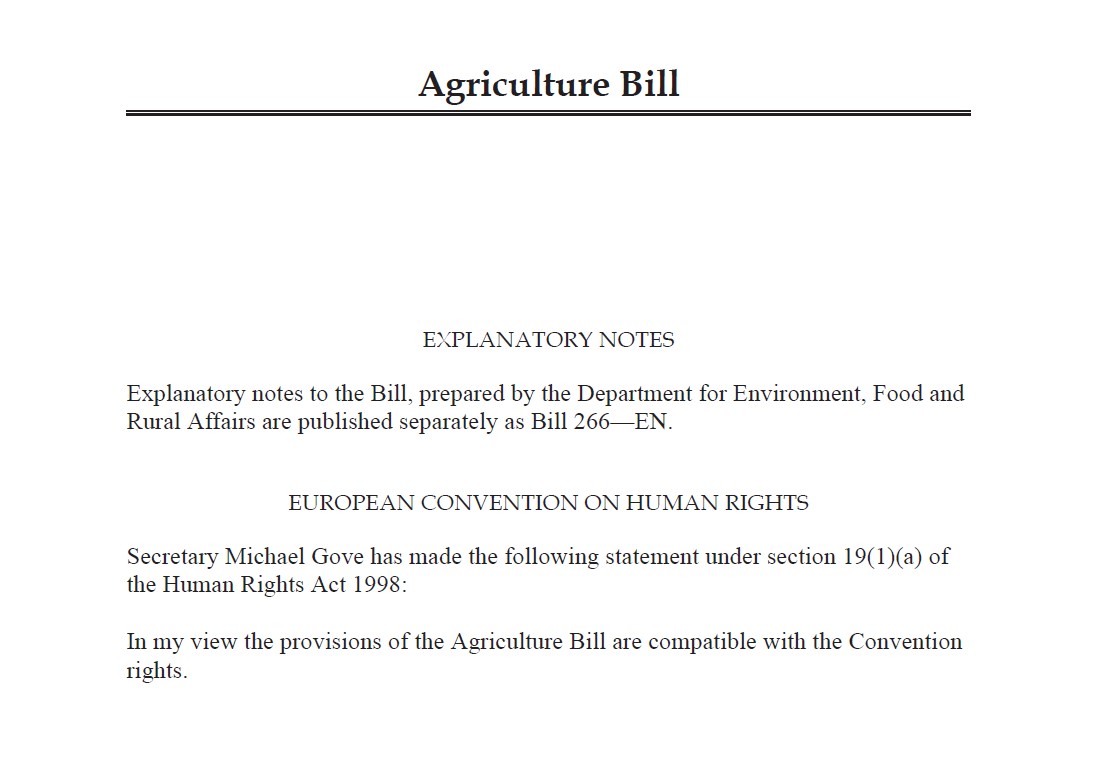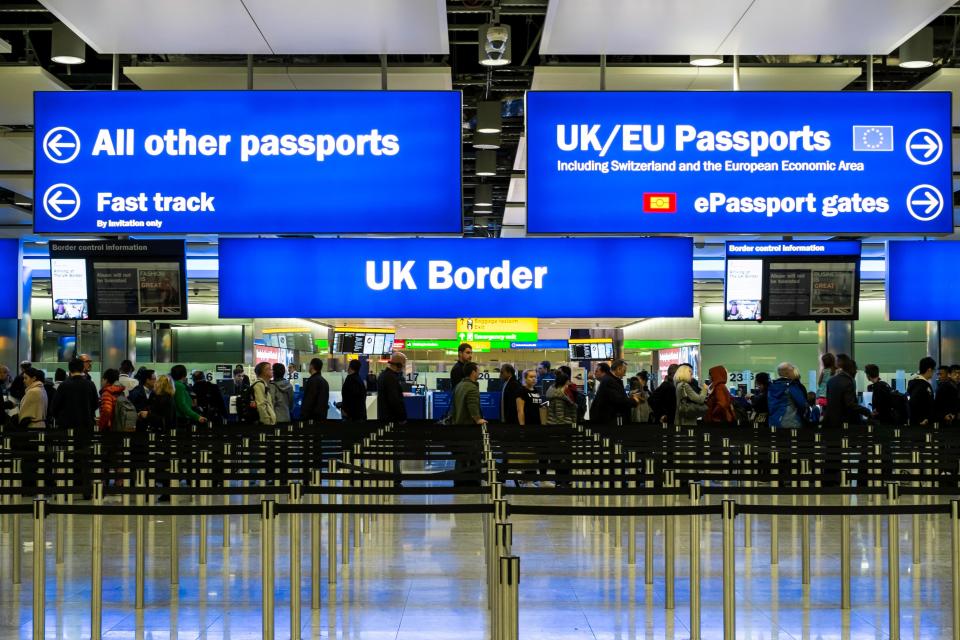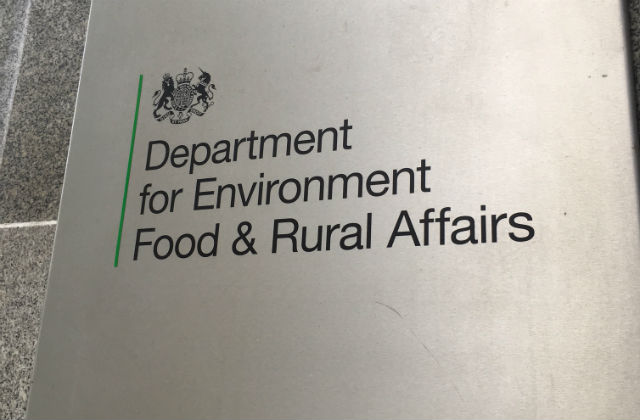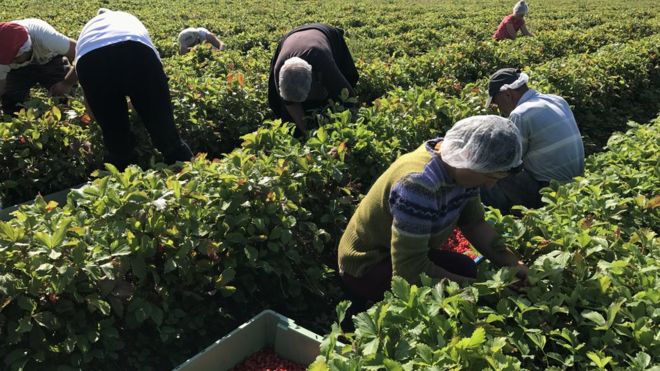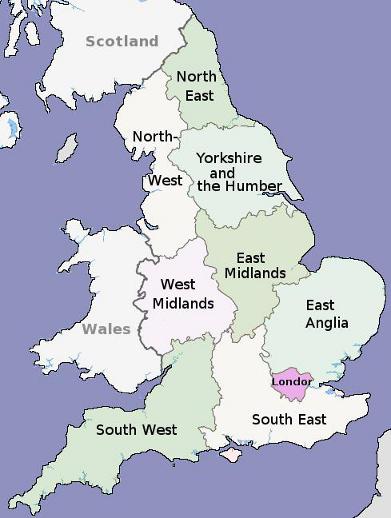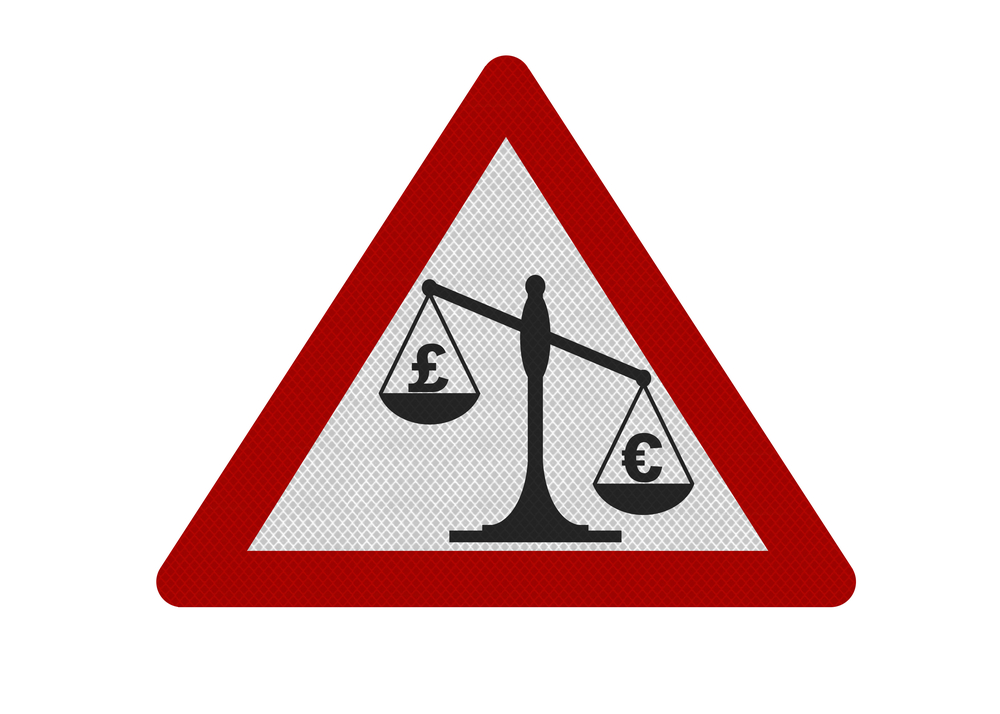Now there has been further time to digest the contents of the Agriculture Bill, and the accompanying statements from Defra, we offer some further thoughts on future farm policy. Readers will note that many of these take the form of questions – highlighting the uncertainties that still exist.
Direct Payments – Future Rates
The deductions in direct payments planned for 2021 were given in the Policy Statement that accompanied the Bill. For the years 2019 to 2021 it is therefore possible to make a reasonable estimate of a farm’s future payments (currency notwithstanding – see below). However, from 2022 through to 2027, the level of deductions is unknown. The Government has not provided deduction percentages for these years, and probably will not do so any time soon. There are a couple of reasons for this.
Firstly, the entire budget for the Domestic Agricultural policy (DAP) is not known for this period – the funding guarantee only runs until 2022. If there is a squeeze on the pot of money available, the deductions will need to be greater. The budget may not be known until the next Spending Review which is due to take place in 2019. However this only covers the years from 2020/21 onwards and the review period is often for only three years – i.e. it will not set a budget right through to 2027/28. The second reason for the uncertainty over the phasing of the BPS is that one of its purposes is to free up funds for the new Environmental Land Management Scheme (ELMS). Depending on the success of ELMS, the call on funds from direct payments could be lesser or greater.
Those trying to forecast future direct payment levels will also need to consider currency conversions. The 2019 scheme will retain Euro-denominated entitlements and still work on a September average exchange rate conversion. Presumably payment in Euros will remain an option. For 2020, although the scheme is going to look very much like the BPS, it will be ‘re-nationalised’ and will not be run under CAP rules. ( This would allow the promised simplification – the ending of the Crop Diversification rule seems an obvious target. Perhaps the BPS would get a new name too?) However, it does seem certain that there would have to be a permanent conversion of the scheme from Euros to Sterling. The exchange rate used for this would be key. There is no indication how this would be done. A ‘spot’ rate sometime in 2020 or an average of rates over a longer, earlier, period?
Direct Payments – De-Linking
The de-linking of payments from the occupation of land is probably one of the most radical, and perhaps unexpected elements of the plans. Reading the text it states that this ‘will’ happen rather than ‘may’. It seems something that Defra is very keen on. This seems driven by a strand of ‘pure’ economic thought within the Ministry that believes that, if the link between payments and land is broken, recipients will go and do lots of exciting things with the money (retire, invest etc.). Experience of decoupling under the SPS would suggest that such ‘mindset’ shifts do not always happen – farmers seem just as likely to throw the delinked payment in the farming ‘pot’ and carry-on as previously. Perhaps the opportunity to capitalise up the payment into a lump sum will provide a spur to change.
The mechanics of delinking are also worth thinking about. Will it happen in 2021 or be delayed further into the agricultural transition? Will a lump sum option be made available?, if so, when?, and what extra conditions might be imposed? Once payments are not conditional on occupying land then the link to what happens on that land is broken. Cross-compliance has been a relatively cheap way to enforce on-farm regulations. A new regulatory baseline will be needed, plus ways to make land managers comply – see Regulation Review section below.
There would need to be a reference year on which de-linked payments are to be based. Would this be historic, or some date in the future? If the latter, there might be opportunity to ‘massage’ the payments to the right person – for example the older generation who might use it as a retirement fund. Any reference period also brings the usual issues of mergers, scission and inheritance into play.
There is also the question of landlord and tenant relationships. Consider the situation of a tenancy that expires in 2023, with clauses that require entitlement to support to be returned to the landlord. What happens if the tenant has taken a delinked lump-sum payment?
ELMS – Summary
We wrote about the Environmental Land Management Scheme (ELMS) in August. Building on that, and adding what we have found out since, the key points of the new scheme look like being as follows;
- land managers (in the sense of anyone who manages land – not just farmers) will have a ‘whole-farm plan’ produced. This will be drawn up and assessed by third parties, but the idea is that it is ‘owned’ by the land manager – so achieving greater engagement
- the plan is likely to set out what is already in place in terms of public goods (or natural capital) and what the farmer will do to improve these
- the plans will run on an annual basis, but it is not clear whether their will be a multi-annual commitment required. It is sometimes stated that the five-year term of current agri-environment agreements are not long enough for meaningful improvement
- land managers will effectively quote a ‘price’ for the work they plan to carry-out – based on a Defra price list’ or ‘ready-reckoner’. Other payment methods such as reverse auctions and payment-by-results may well also form part of the mix (how this will all interact is not entirely clear)
- applications will be possible year-round, rather than by a yearly deadline
- there will be annual management payments as well as grants for capital works. It seems certain that there will be incentives for land managers to work together to deliver landscape-scale agreements.
It should be noted that the aims of ELMS are rather wider than the traditional agri-environmental schemes such as ELS or CSS. These tended to focus very much on biodiversity. ELMS looks to bring in other areas such as soil and water health, flood prevention etc. This may open up opportunities for those farms that have not had the landscape features to easily get into past schemes. For examples those in the most intensive agricultural areas (e.g. the fens) may be able to access funding for soil management or flood work. Public access seems likely to be given a higher priority under the new scheme than in the past. There is an open question of what happens when two ‘public goods’ clash – i.e. public access versus the protection of rare species.
Payment levels will not be constrained by the ‘income foregone’ calculation as under CAP agri-environmental schemes. Therefore, if farmers require an element of ‘profit’ within the payments they request, this seems possible.
One tension within agri-environmental schemes that the design of ELMS will need to address is around the issue of ‘additionality’. The question has always been ‘should you reward those that have been doing the ‘right thing’ all along, or would you get better value for money by bringing new land into environmental management?’ Farmers ‘bidding’ different prices for delivering public goods may partly get around the problem. Another approach is that different ‘tiers’ of management might be offered (like the past ESAs) to cater for different groups.
The Policy Statement was notably brief on upland farming, having only one paragraph devoted to it. To quote from that “We recognise that upland farmers are often more dependent than most on Basic Payments. Upland farmers will be well placed to benefit from our new environmental land management system which will reward farmers for the public goods they provide”. ELMS scheme design will have to be good to replace both BPS and, say, HLS income on a hill unit.
With respect to Whole Farm Plans, there is a danger, in our view, that this could turn into a missed opportunity. It seems that these may be very public-good (environment) focussed. But a Whole Farm Plan should look at the farm ‘in the round’. This might include gauging whether the ELMS actually fits in well with the wider business and the proprietors’ objectives. The change in support arrangements, and perhaps trade as well, will see a big shift in the business environment. The Whole Farm Plan could be a mechanism to support businesses through this.
Before anyone rushes to prepare their ELMS application, it should be noted that the scheme is in its very early design stages. The timetable for its introduction is as follows;
- 2019 and 2020 – tests of individual scheme elements
- 2022 to 2024 – pilots of the scheme in selected areas
- 2025 to 2028 – nationwide roll-out in 2025, but some elements may only be introduced later. The full scheme will be in place by 2028
Given the fact that ELMS will not be fully ready across the country for over five years, existing agri-environmental schemes will continue.
Other Environmental Schemes
We wrote last month on the plans for the Countryside Stewardship Scheme (CSS) for 2019. It seems that similar arrangements will be in place for 2020 too. The policy papers suggest that a ‘simplified CSS’ will be available in 2021 to 2024. It is not clear whether this is just an aspiration to make the application process simpler or if the scheme itself will be simplified (i.e. fewer options).
Those thinking of entering the CSS over the next few years might be dissuaded from applying as ELMS might be better (this could be true if payments are not constrained by income foregone). Defra has provided a guarantee that those signing-up for the CSS will not be disadvantaged when new schemes are brought in. But it is not clear whether this will mean an automatic right to end an existing agreement.
We also wrote last month about Defra’s plans to offer an extension to existing HLS agreement holders. Around 11,500 HLS agreements (many in the uplands) are due to expire over the next five years and Natural England / RPA simply do not have the capacity to transfer these across to Higher-tier CSS. Even if Defra gain EU approval to extend the scheme individual agreement holders will not automatically benefit form this – each agreement will be treated on its own merits. Any extension will only be up to 2024 – it is expected that people will transfer to ELMS at this point (although this seems to be storing-up a lot of new agreements for a single year).
Regulation Review
We wrote about Farm Regulation Review, being carried out by Dame Glenys Stacey, in March and then July when the interim report was published. This strand of policy may turn out to be more important than many in the industry recognise.
With the likely end to cross-compliance, Government will lose a cheap and effective way of ensuring farmers follow regulation. The Policy Statement outlines that there will be a ‘new approach’ to monitoring compliance and enforcement. It is widely recognised that taking farmers to court for breaches of regulations is not cost-effective. Defra’s statement highlights the need for ‘new enforcement powers such as Civil Sanctions’. This could lead to something akin to a ‘parking fine’ system for those that breach the rules. As laid out in Dame Glenys’ report measures such as a ‘licence to farm’ or compulsory CPD remain a possibility – none of which is likely to be universally welcomed in the sector.
Productivity Grants
During the early years of the agricultural transition, it looks like there will be a focus on funding productivity measures. The aim of this will be to help the industry to reach a situation where there is no BPS. The call for productivity funding may have an effect on the level of deductions in direct aid.
Any productivity schemes will probably look a lot like the current Countryside Productivity Scheme – with both a ‘main’ scheme to help fund larger investments and a version of the Small Grants scheme. As an aside, it is expected that the next round of the Small Grants scheme is expected very soon.
Continuing support for agricultural Research and Development is also promised within the policy paper. There are linkages here with the current review of the AHDB (see separate article) on how research get disseminated out onto farm.
Other Policy Areas
The Policy Statement that accompanied the Agriculture Bill also covered some other areas.
In terms of animal health and welfare it is stated that ‘we will develop publically-funded schemes for farmers to deliver animal welfare enhancements that go beyond the regulatory baseline, that are valued by the public but not sufficiently provided by the market’.
There is a mention of new entrants, but the only policy commitment is a pledge to help Local Authorities invest in county farms.
Overall, there was quite a lot of ground covered in the Policy Statement, but a much still remains vague. It should be noted that the Statement has no legal force. Therefore, if a new administration comes in, or even a new Farm Minister, with alternative ideas, then policy could be different from that outlined.
